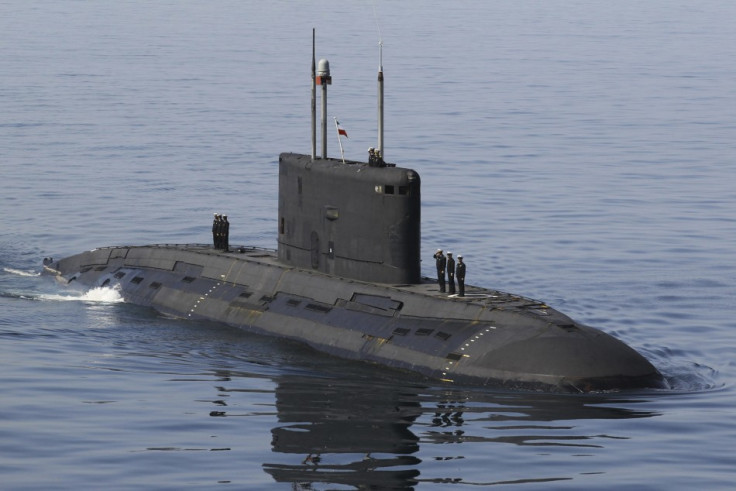Iran says US Incapable To Prevent Closure of Strait of Hormuz

Despite the US message and warnings, Iranian officials continue to remain defiant with a senior commander even saying that the US lacks the capability to hinder Iran's efforts to shut down the strategic route.
"Regardless of their publicity campaigns and propaganda efforts, the Americans are incapable of confronting Iranian actions in a number of spheres, including the potential plan [by Iran] to shut down the Strait of Hormuz," Press TV quoted Deputy Chairman of Joint Chief of Staff of Iran's Armed Forces Brigadier General Massoud Jazayeri as saying.
Days after the New York Times reported the US had secretly contacted Tehran, Iran's Foreign Ministry confirmed it had received a letter from the Obama administration, via three different channels.
"The US Ambassador to the UN Susan Rice had handed a letter to Iran's Ambassador to the UN Mohammad Khazaei; the Swiss Ambassador to Tehran [Livia Leu Agosti] also conveyed the same thing; and Iraqi President Jalal Talabani delivered the same message to Iranian officials," Iran's semi-official news agency Fars quoted Foreign Ministry Spokesman Ramin Mehmanparastas saying Sunday.
Mehmanparast said Iran is studying the letter and "will respond if necessary."
The New York Times revealed last week Washington had sent a message warning Tehran that a closure of the strait would provoke a US response.
In addition to Iran's controversial uranium enrichment programme, the Strait - through which much of the worl'd oil flows -has become of one of the focal points of tensions between the US and Iran.
Following sanctions on the Islamic state over its refusal to halt its nuclear programme, Iran's first vice President Mohammad-Reza Rahimi warned continuing to impose such measures would lead to the closure of the strategic oil route.
"If they impose sanctions on Iran's oil, not even a drop of oil will be allowed through the Strait of Hormuz," Rahimi said in December.
Since then Iran has reiterated the threat, angering the US and its allies and prompting officials to warn Washington would not tolerate such a move.
© Copyright IBTimes 2025. All rights reserved.





















